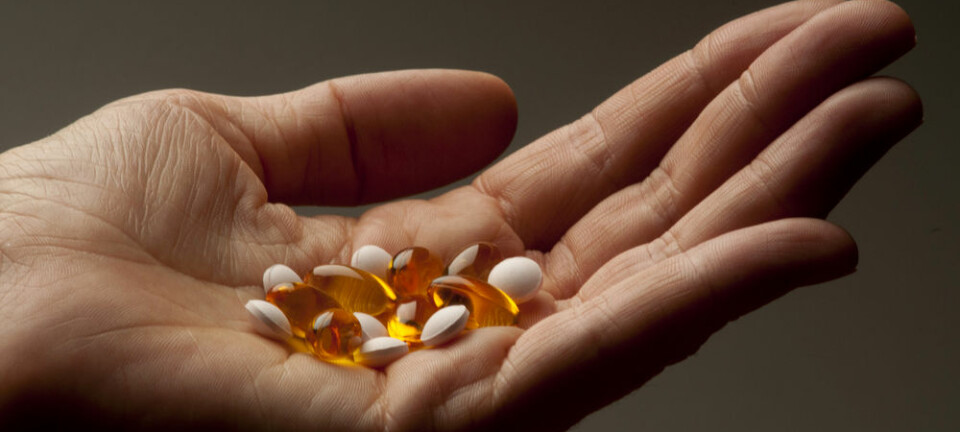
Vitamin C supplements increase effectiveness of cancer treatment
When cancer treatment was combined with vitamin C supplements it became more effective at killing cancer cells.
New experiments on cell cultures show that cancer treatments against leukaemia are more effective at attacking the cancer cells when combined with small doses of vitamin C. This suggests that patients suffering from leukaemia might benefit from taking additional vitamin C during their treatment.
“In small doses, vitamin C helps to activate an inbuilt suicide mechanism in cancer cells, killing more cells. The hope is for more effective treatments of this type of leukaemia,” says co-author Kirsten Grønbæk, a clinical professor from Department of Haematology and Clinical Medicine at the University of Copenhagen, Denmark.
The new results are published in the Proceedings of the National Academy of Sciences.
Vitamin C makes cancer cells commit suicide
The scientists behind the research tested how the cancer cells reacted to the drug azacytidine that is commonly used to treat leukaemia.
Azacytidine is a substitute for a certain group of genes in the DNA that makes the cancer cells think that they are infected with a virus, which prompts them to die.
Vitamin C helps to activate these genes as well, and when the two were combined the self-destructing effect of the cancer cells increased two to three times over azacytidine alone.
The scientists also found that vitamin C on its own had absolutely no effect on the cancer cells.
The study was conducted on cancer cells in culutre and clinical trials are necessary before anything conclusive can be said on the effect in human patients, says Grønbæk.
Read More: How to boost your vitamin intake
Colleagues: reserved optimism
Professor Lars Ove Dragsted from the Department of Nutrition, Exercise and Sports, the University Copenhagen, Denmark, did not take part in the new study and he is cautiously optimistic about the new results.
“The results are an interpretation of the vitamin C mode of action in cell cultures, but there are lots of other possible interpretations,” says Dragsted.
For example, he says, the oxygen content in the cell cultures are not the same as in our bloodstream.
“This can be the crucial difference that means it doesn’t work in patients,” says Dragsted.
But he agrees that the idea is an interesting one which should be tested further.
“The idea should definitely be tested further, because we don’t have effective therapies for some types of leukaemia. It’s important to stress though that just taking high doses of vitamin C won’t help or prevent [leukaemia],” he says.
Read More: Scientist: Hypotheses on antioxidants are complete nonsense
Human trials are under way
A pilot study is already under way, where Grønbæk and her team add vitamin C or placebo to the existingazacytdine treatment in a small group of patients.
“We need to be sure that it works in a similar way in living patients, and that the combination doesn’t have any detrimental effects on anything other than cancer cells. We strongly recommend therefore that patients don’t go out and take extra vitamin C before the research is done,” says Grønbæk.
“If the treatment works in the pilot-trial then we’ll continue to a larger, controlled study, where we’ll test it on more patients. After that it could become a part of future treatment plans. We’re crossing our fingers that it will bework in patients” she says.
-------------
Read the Danish version of this article on Videnskab.dk
Translated by: Catherine Jex











